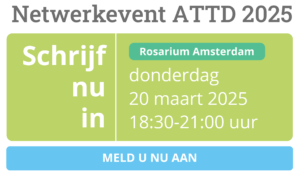OBJECTIVE
To evaluate the association of severe acute respiratory syndrome coronavirus 2 (SARS-CoV-2) infection and severity of infection with longer-term glycemic control and weight in people with type 2 diabetes (T2D) in the U.S.RESEARCH DESIGN AND METHODS
We conducted a retrospective cohort study using longitudinal electronic health record data of patients with SARS-CoV-2 infection from the National COVID Cohort Collaborative (N3C). Patients were ≥18 years old with an ICD-10 diagnosis of T2D and at least one HbA1c and weight measurement prior to and after an index date of their first coronavirus disease 2019 (COVID-19) diagnosis or negative SARS-CoV-2 test. We used propensity scores to identify a matched cohort balanced on demographic characteristics, comorbidities, and medications used to treat diabetes. The primary outcome was the postindex average HbA1c and postindex average weight over a 1 year time period beginning 90 days after the index date among patients who did and did not have SARS-CoV-2 infection. Secondary outcomes were postindex average HbA1c and weight in patients who required hospitalization or mechanical ventilation.RESULTS
There was no significant difference in the postindex average HbA1c or weight in patients who had SARS-CoV-2 infection compared with control subjects. Mechanical ventilation was associated with a decrease in average HbA1c after COVID-19.CONCLUSIONS
In a multicenter cohort of patients in the U.S. with preexisting T2D, there was no significant change in longer-term average HbA1c or weight among patients who had COVID-19. Mechanical ventilation was associated with a decrease in HbA1c after COVID-19.


